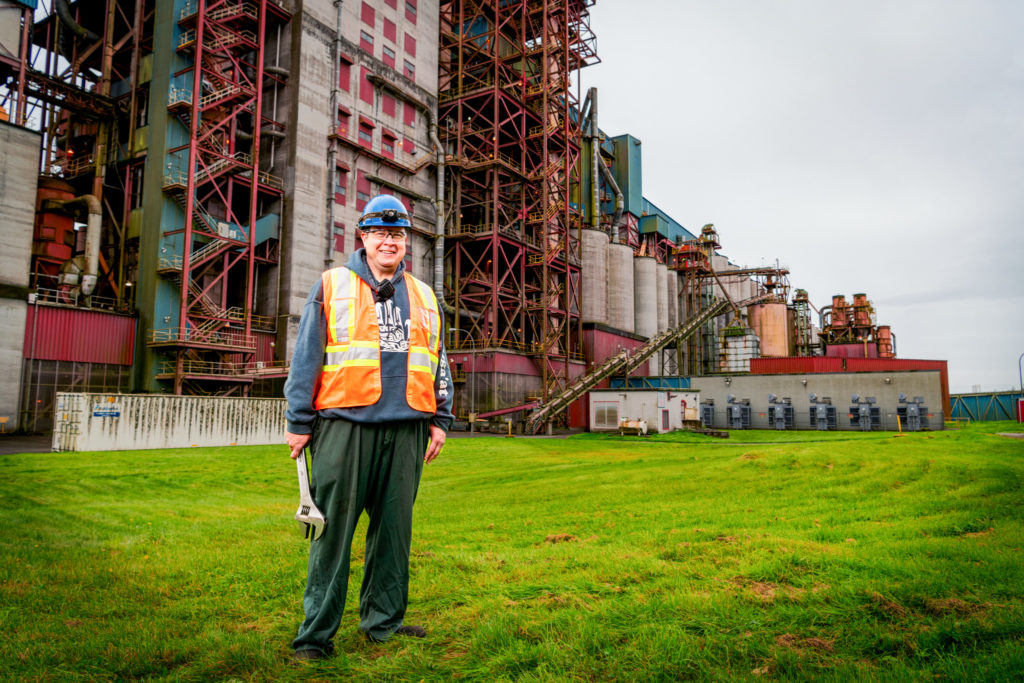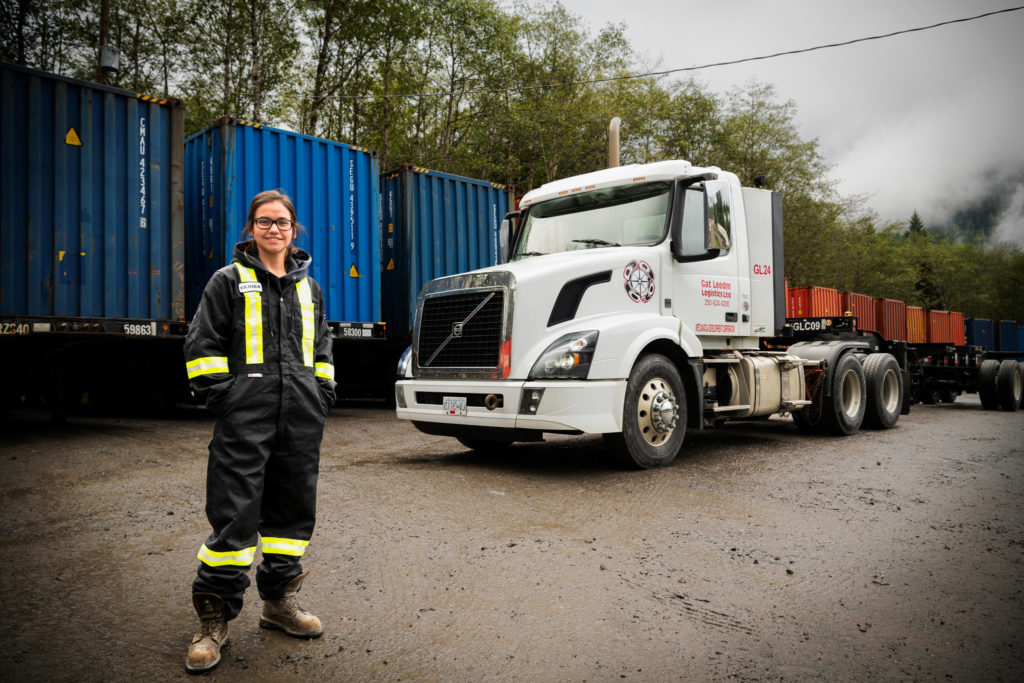ROOM TO GROW
ROOM TO GROW
The Port of Prince Rupert boasts a skilled workforce that reflects the diverse community that enables it, and it is committed to collaborating with local Indigenous communities to share in the benefits of the growing Port.

Diverse Workforce
The Port of Prince Rupert operates on the traditional territory of the Ts’msyen people, where Indigenous residents over the age of 15 currently represent 38 percent of the local population. That diversity is reflected in the Prince Rupert Gateway workforce, with 35 percent of workers identifying as Indigenous. To continue to build that workforce and meet the growing needs of the Gateway, the Prince Rupert Port Authority supports the next generation of Indigenous workers through local skills training and education, as well as scholarships and bursaries aimed at local students who plan to enter careers in fields such as transportation & logistics, international trade, and engineering.

Indigenous Partnerships
The Port of Prince Rupert is committed to sharing the financial benefits of increased Port volumes with local Indigenous residents, governments, and business through benefit agreements, revenue sharing, employment in the Gateway industry, and preferred infrastructure contracting for construction, operations, and entrepreneurial business opportunities. Since 2011, contracts totaling more than $230 million have been provided to Indigenous-led businesses. The Port’s largest infrastructure project to date, the new Fairview-Ridley Connector Corridor and subsequent habitat compensation work, was undertaken by the Coast Tsimshian Northern Contractors Alliance, a First Nations joint venture.
Local Indigenous groups are directly investing in Port-related development. The Metlakatla Development Corporation and Prince Rupert Port Authority are partnering to build Import Logistics facilities on South Kaien Island. There are also numerous Indigenous-owned businesses that provide products and essential services to support the Gateway and employ dozens of local Indigenous workers, such as Gat Leedm Logistics and Coast 2000 Terminal.
The Port of Prince Rupert also collaborates directly with local Indigenous governments and organizations to promote sustainable management of environmental monitoring and capacity initiatives.